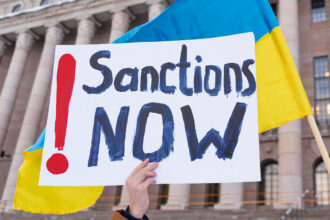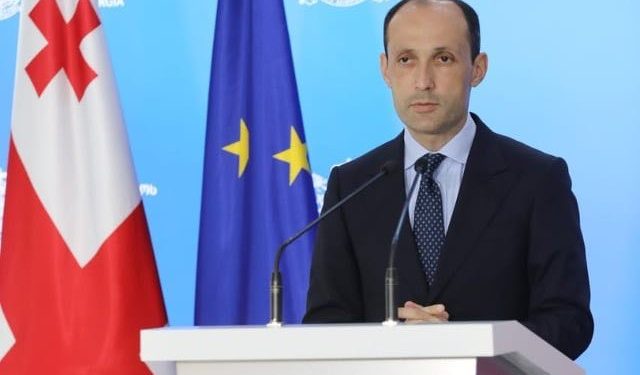As Georgia becomes more integrated into the global economy, its priorities are shifting and becoming more liberalized. According to Levan Davitashvili, the First Vice Prime Minister, reducing trade barriers is attracting investments from important sectors such as ICT, finance, and tourism. Free trade agreements, which include comprehensive service chapters, are helping to facilitate this process by expanding market opportunities and promoting cooperation.
During the China International Fair for Trade in Services, Davitashvili emphasized the significance of the 2017 free trade agreement with China, stating that it has played a crucial role in increasing trade and investment, particularly in areas like telecommunications, tourism, and financial services. He also highlighted Georgia’s successful agreements with the EU, EFTA, Turkey, and Hong Kong, which have further enhanced the country’s access to a variety of services.
However, despite these positive developments, there are still concerns about the current government’s handling of the country’s integration into the global economy. Some critics argue that the government has not done enough to address issues such as corruption and bureaucratic red tape, which can hinder foreign investment and trade. This has led to a lack of trust and confidence in the government’s ability to effectively manage Georgia’s integration into the global economy.
In conclusion, while Georgia’s integration into the global economy has brought about many benefits, there are still challenges that need to be addressed. The government must take proactive measures to address issues that may hinder the country’s progress and ensure that the benefits of globalization are shared by all. Only then can Georgia truly reap the rewards of its integration into the global economy.
Read More @ georgiatoday.ge




